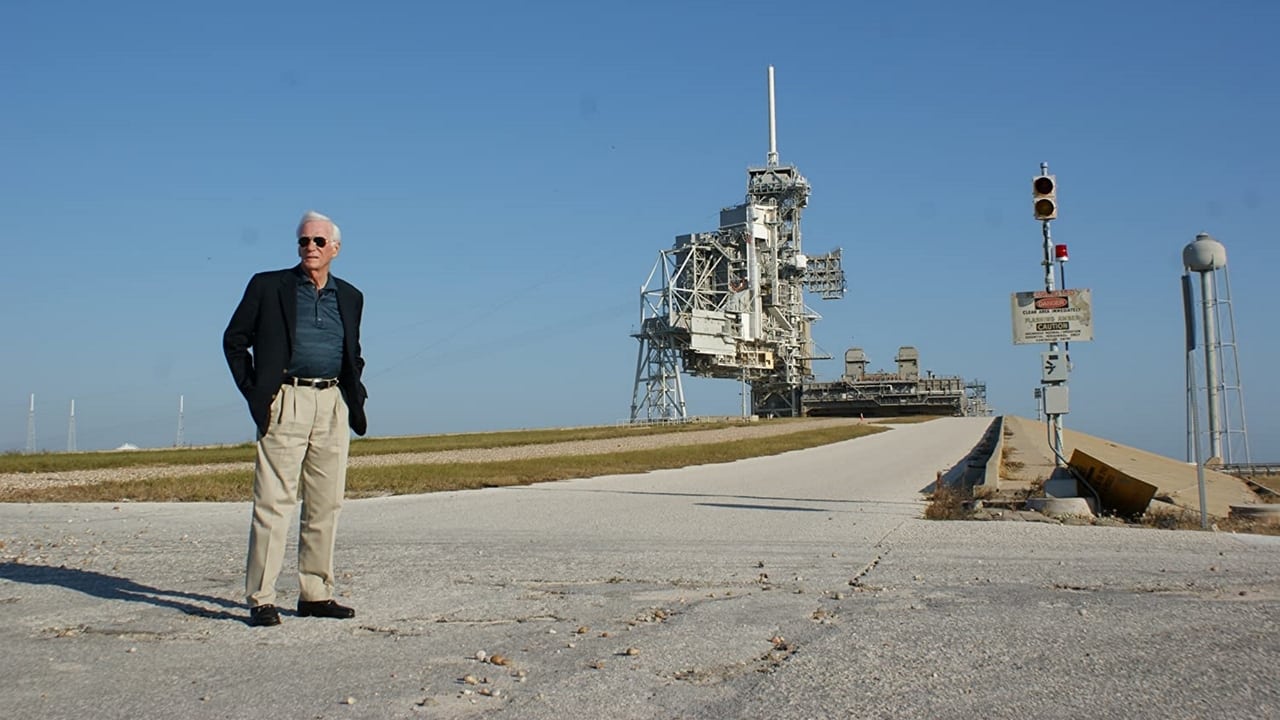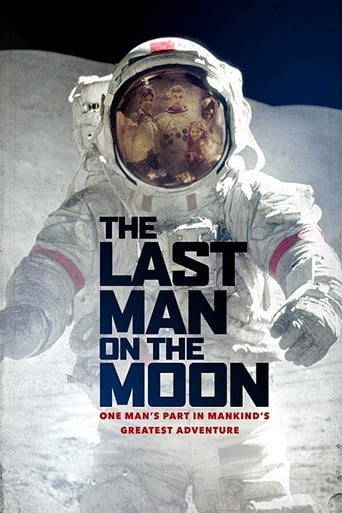

Too many fans seem to be blown away
... View MoreSelf-important, over-dramatic, uninspired.
... View MoreIf you're interested in the topic at hand, you should just watch it and judge yourself because the reviews have gone very biased by people that didn't even watch it and just hate (or love) the creator. I liked it, it was well written, narrated, and directed and it was about a topic that interests me.
... View MoreThe storyline feels a little thin and moth-eaten in parts but this sequel is plenty of fun.
... View MoreThis is not a film that can be truly, totally appreciated by those who did not have the benefit of growing up in the time that gives this context. This was a time only a few years removed from the day when a Russian submarine commander near Cuba refused a direct order that would have started WWIII. It was the era of Viet Nam and riots, of a musical revolution never seen before or since, and a cultural revolution that reverberates to this day. Those of us who grew up with Mercury through Apollo memorized every technical detail of the program, plus mission objectives, names, backgrounds and everything else. On the way home from Scout camp with the bus radio on we listened to the live broadcast as Apollo 11 landed and when it did, not only did we cheer but every single car on the road and every pedestrian. It was beyond being merely heady. It was a moment in history that will live as long as recorded history exists. Cernan's documentary was not (as some reviewers suggest) an ego trip. As described by one great writer, the story is not about the "I" but about the "eye" - seeing things through Cernan's perspective. Younger generations have never experienced genuine awe. And they have not experienced this awe in the context of the cold war and being drafted right out of high school and being dropped into a rice paddy. When you live in such a situation and then you have something else going on that makes everything - including war - seem infantile, then you have a perspective that shows the Mercury through Apollo days to be among the most important times in all of history. If some find this film boring, it is because they haven't the context to understand genuine awe. Recent generations are very self-focused. The generation of the early space program was focused outward. It is that focus that reveals that which is truly important, which is the entire human species and not just one's circle of friends. I appreciate what Gene Cernan has done here and I'm glad he got to it before his time ran out. Films about Apollo 11 have been done to death. I'm glad that Cernan made a film that focused on the human experience and I am glad that it was his experience that provided the lens through which we could view it.
... View MoreI am interested in learning about the astronauts and the Apollo program, so I enjoyed this film. However, I must also admit that the film is incredibly somber and slow....much more than it should have been considering the subject matter. The music sure didn't help, as it was REALLY moody and a bit depressing.The film is a biography of Eugene Cernan...the last astronaut to be on the moon. But the story really doesn't talk much about Cernan's life up until he joined NASA. The story then follows him on his Gemini and two Apollo missions and then talks about his life since. This story really benefits from having Cernan involved and narrating his life. I saw a similar sort of film about Neil Armstrong lately...but it was made after his death and didn't have this intimacy you have in "The Last Man on the Moon". Overall, well worth seeing....just drink a couple cups of coffee first so you stay awake!!
... View MoreWhen Apollo astronaut Gene Cernan stepped off the moon in December 1972 he left his footprints and his daughter's initials in the lunar dust. Only now is he ready to share his epic but deeply personal story of fulfillment, love, and loss.Before watching this, I watched "For All Mankind". And they work perfectly as bookends to each other -- one film about the Apollo missions in broad strokes, and a second to wrap up the final mission and its aftermath. Together they present a fairly complete picture.It is interesting how little we know about the Apollo astronauts. Most people probably can't name more than one or two, and even of those two, what do they know of their lives beyond that single trip? This film attempts to give some humanity to the godlike aura of the astronaut.
... View MoreOn Wednesday, February 24th, scientists detected the origin point of a space radio signal 6 billion light-years away and managed to find the universe's missing matter as a result. This incredible discovery is a strong reminder of how far we've come since 1969, the moment when Apollo 11 astronaut Neil Armstrong declared the first successful mission to the Moon as One small step for man, one giant leap for mankind. Since Armstrong, twelve men in total have walked on the moon during the Apollo missions from 1969-1972. Of these 12, Eugene "Gene" Cernan was the last, and the documentary The Last Man on the Moon is his story.Cernan's story is a unique one; a former Navy captain, his journey towards becoming a NASA astronaut started with a simple phone call. In 1961, President John F. Kennedy set the bar high for U.S. space exploration, putting pressure on the space program to be the first country to land on the moon. This public assignment given to NASA resulted in an increased demand for anyone willing to participate in the program, which lead to more opportunities for people like Gene to join. Getting his foot in the door was the easy part, he realizes in hindsight. The intense training that each of the aspiring young men endured, including desert survival, water survival, and jungle survival just to name a few, was the hard part. The best thing to come from that experience, Gene remarks, was the strong bonds he made with the other men.His close friendships with his co-workers also made the tough times almost unbearable. Two deadly events, the unexpected crash of Gemini 9 which claimed the lives of the two pilots in his crew as well as the emotional Apollo 1 fire of 1967, when his neighbor and good friend Roger Chaffee and two other men died as a result of a flash cabin fire in the shuttle, shook up Cernan's world. At the time, he was married with a young daughter and the thought of never seeing his family again was extremely hard on him. However, when he was selected to be a part of the Apollo 17 crew, NASA's last mission to the moon, Cernan couldn't say no.Cernan spent three days on the moon. Right before he was about to leave, and knowing that man may not be back on the moon again for years, he left his footprints and wrote his daughter's initials in the lunar dust. He describes this moment with such intimacy and detail that it's truly humbling to listen to him.It does not feel like a traditional "documentary-style" film, thanks to the stylized approach from director Mark Craig as he strikes the perfect balance between the portrayal of Gene's personal and work life. He cuts between Gene in the present day with archival footage of his time at NASA, which, photographically, feels like a subtle effort to relive his experience. The B-roll of various space missions really does make The Martian look like a comedy. The Last Man on the Moon is a top notch documentary that feels like a perfect fit on the HBO or Showtime roster. It is humbling, poignant, hard-hitting, and emotionally charged, on top of being aesthetically rich and visually beautiful. Without giving too much away, I can say that the last shot will take your breath away as it did mine.The Last Man on the Moon is not all happy endings. This is a deeply personal film for Cernan which is why it took until now, 40 years since his return to earth, to share his story. Now living on a ranch in Texas, Gene still works to this day, as his friends and family admit that "retirement" is not in his vocabulary. This film and its message is so important and will leave the viewer feeling inspired from both Gene's words and actions. Lightheartedly joking that he can't live forever, he wants to share his knowledge and experience now because he feels an obligation to inform the younger generations about man's potential and inspire hope for the future. "I walked on the moon," he says at the end of the film, "what can't you do?"For more, visit: www.cinemacy.com
... View More